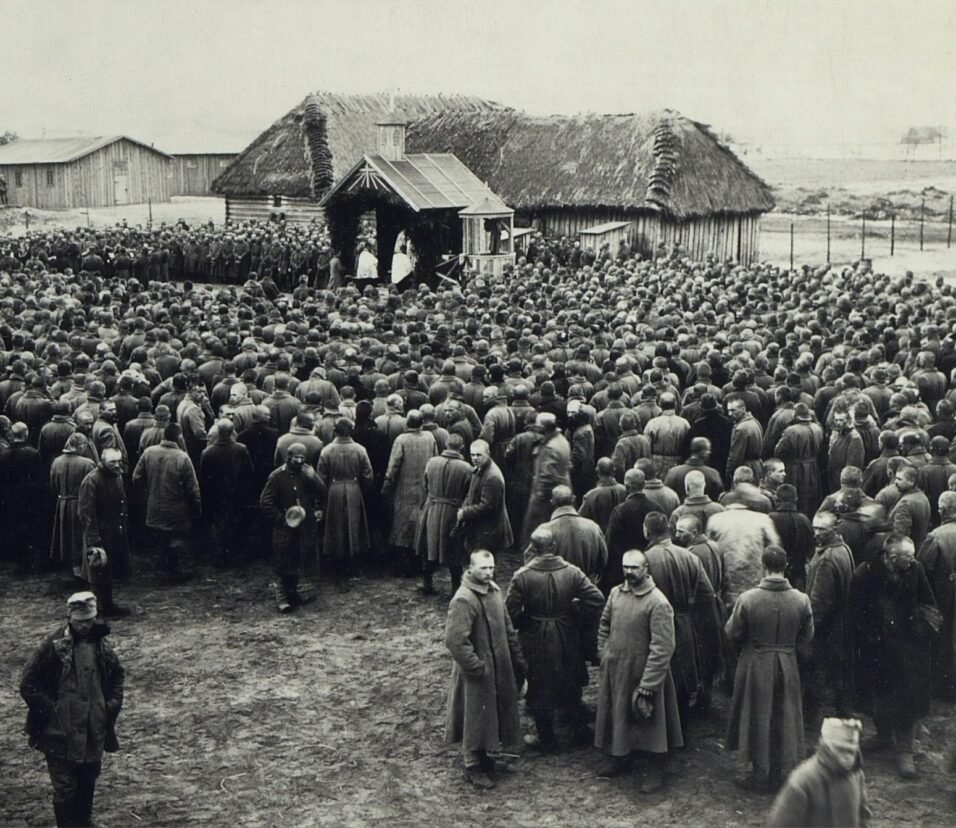New Ideas Influence a Revolution
New Ideas Influence a Revolution: Throughout history, revolutions have never merely been about overthrowing existing regimes or introducing political upheavals. Fundamentally, they’re about the inception and spread of new ideas. These notions challenge the status quo, inspire the masses, and drive societal transformations. In this in-depth exploration, we will dive into how revolutionary ideas germinate, spread, and profoundly influence the course of revolutions.
The Genesis of Revolutionary Ideas
Before diving deep into specific revolutions, it’s pivotal to understand where these transformative ideas originate. Often, they arise from profound discontent with the present, an acute awareness of injustices, or the spread of enlightening knowledge. Philosophers, writers, and thinkers play a pivotal role here. Their writings, discussions, and critiques lay the groundwork, providing intellectual fodder for the masses to ruminate on.
The Enlightenment: Lighting the Fuse of Revolutions
Arguably, the Enlightenment period in Europe was a monumental era that sowed the seeds for numerous revolutions. Philosophers such as John Locke, Voltaire, and Rousseau questioned traditional authority, championing ideas like individual rights, freedom of expression, and the separation of church and state. Their thoughts were not just abstract musings but catalytic ideas that later ignited the American and French Revolutions.
Technological Advancements: The Fuel for Fast-Tracking Ideas
While thinkers and philosophers introduce novel ideas, technology often acts as the conduit that amplifies their reach. The printing press, for instance, was instrumental in disseminating revolutionary ideals during the Reformation and beyond. In more recent times, the internet and social media have similarly revolutionized the spread of revolutionary concepts, evident in movements like the Arab Spring.
Economic Theories and Revolutions
No discussion about revolutionary ideas would be complete without addressing economic paradigms. The rise of capitalism, as elucidated by thinkers like Adam Smith, provided a counterpoint to mercantilist systems. On the opposite spectrum, Karl Marx’s ideas on socialism and communism instigated numerous labor movements and revolutions in the 20th century, reshaping global geopolitics.
The Role of Cultural and Artistic Movements
Apart from political and economic theories, cultural and artistic movements have also wielded immense influence on revolutions. The Harlem Renaissance, for example, not only celebrated Black culture but also sowed seeds for the Civil Rights Movement in America. Similarly, the Romantic Movement in Europe, with its emphasis on emotion and individualism, played a subtle yet significant role in shaping nationalist revolutions across the continent.
From Ideas to Action: Mobilizing the Masses
Having revolutionary ideas is one thing; translating them into mass movements is another. Charismatic leaders, grassroots campaigns, and organized protests play a pivotal role here. Figures like Mahatma Gandhi, with his concept of non-violent resistance, or Martin Luther King Jr., with his vision of racial equality, exemplify how revolutionary ideas can galvanize societal changes when coupled with strategic action.
The Aftermath: Revolutionary Ideas Post-Revolution
Interestingly, the true test of revolutionary ideas often comes post-revolution. Once the dust settles, these concepts shape the newly formed regimes, policies, and societal norms. The American Revolution’s emphasis on individual rights, for instance, is deeply embedded in the country’s constitutional fabric. In other instances, revolutionary ideas might be co-opted or diluted, leading to further struggles and conflicts.
Feminism and Gender Equality
The feminist movement, while having distinct characteristics in various regions, is a global testament to the revolutionary idea of gender equality. From suffragettes in the early 20th century fighting for women’s voting rights to modern-day activists championing equal pay and representation, the idea that women deserve equal rights has fueled global revolutions. Movements like #MeToo, which started in the U.S., found echoes in countries worldwide, spotlighting universal issues of gender-based violence and discrimination.
Environmental Consciousness
The late 20th century saw the dawn of another revolutionary idea: environmental consciousness. As the ramifications of rapid industrialization became evident, movements advocating for environmental protection and sustainability gained momentum. The Green Revolution in Europe, the Chipko movement in India, and global climate marches led by young activists like Greta Thunberg underscore the worldwide resonance of this revolutionary idea.
Decolonization and Self-Determination
Post World War II, a revolutionary idea swept across Asia and Africa: the rejection of colonial rule and the pursuit of self-determination. Influenced in part by anti-imperialist sentiments and the success of earlier revolutions, nations from India to Nigeria to Indonesia sought and achieved independence. This wave of decolonization drastically altered the geopolitical landscape and reaffirmed the universal appeal of self-governance.
Digital Revolution and Information Accessibility
The late 20th and early 21st centuries heralded a digital revolution. The idea that information should be free and accessible catalyzed this transformative period. Websites like Wikipedia, movements favoring open-source software, and the very ethos of the internet champion the democratization of information. In doing so, they’ve revolutionized how we learn, communicate, and even instigate societal change.
Conclusion
In essence, while revolutions might manifest as physical confrontations or political overhauls, their lifeblood invariably remains the new ideas that underpin them. From the Enlightenment thinkers challenging traditional monarchies to modern-day activists harnessing technology for change, the journey of revolutionary ideas is both fascinating and instructive.
It serves as a reminder that societal transformations are rarely spontaneous. Instead, they’re the culmination of evolving thoughts, discussions, and debates that, over time, crystallize into tangible movements. By studying the relationship between new ideas and revolutions, we gain not only historical insights but also a blueprint for driving positive change in contemporary societies.
It’s also a testament to the power of shared human experiences. Disparate cultures and societies, when exposed to revolutionary ideas, often respond in remarkably similar ways, highlighting our shared aspirations and values. By understanding the global influence and interconnectedness of these revolutionary ideas, we can better appreciate the common threads that weave the rich tapestry of human history and progress.







